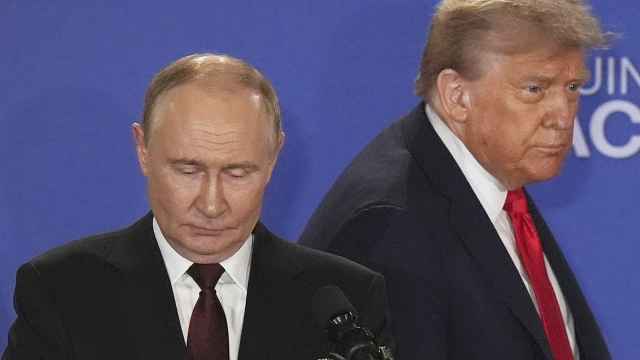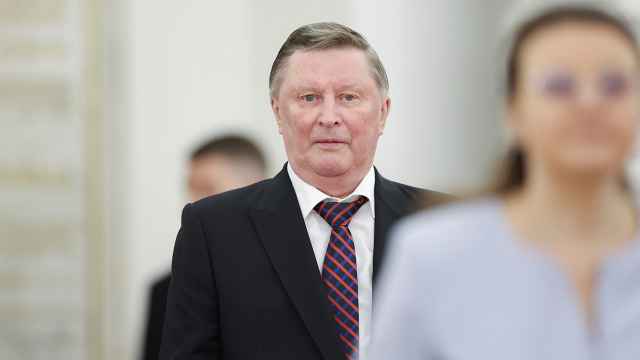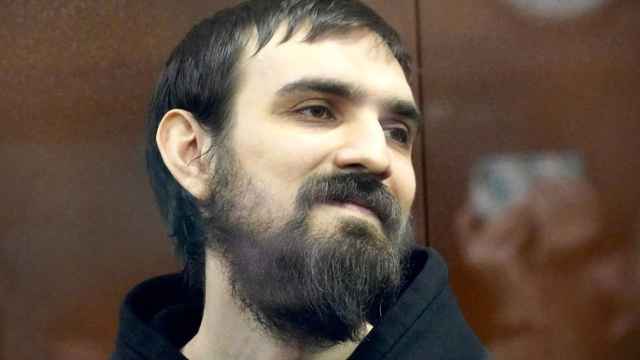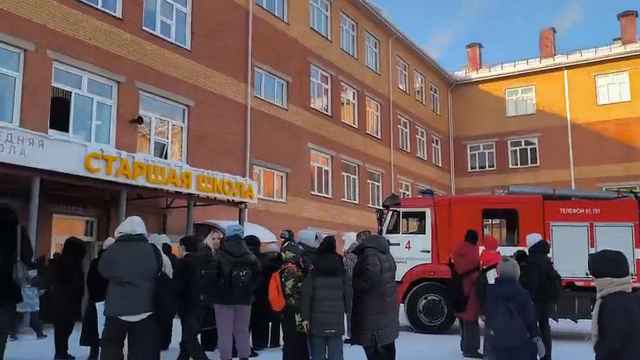Taxi drivers from across Russia condemned a proposed law to regulate their business and called on ministers to change or abandon the legislation during a politically tinged summit in Moscow on Wednesday.
At the sometimes boisterous event organized by Prime Minister Vladimir Putin's All-Russia People's Front, delegate after delegate rose to condemn the "Moscow-centric" Federal Law No. 69, which taxi drivers have branded as "draconian" and "ill thought through."
The law, which was passed in April and is due to come into force on Sept. 1, is an attempt to bring regulation to the country's notoriously anarchic taxi market, with a special emphasis on civilizing the behavior of unlicensed individual entrepreneur taxi drivers, better known as "bombili," from the slang verb "bombit," meaning to make money on the side.
It requires drivers to paint cars a standard color with a check pattern, install yellow "taxi" indicator lights, drive with a meter and give a check and receipt to every passenger.
It also obliges taxi drivers to register as individual entrepreneurs, makes it illegal to cross administrative boundaries without a license from both districts, and significantly increases fines for violations.
Taxi drivers complain that the law will cost individual drivers "tens of thousands of rubles," drive up fares and ultimately criminalize thousands of honest drivers.
"Come out to the regions, and see for yourself. It is not Moscow, and it simply bears no relation to the situation you are describing," one audience member declared to loud applause.
In a declaration drafted for the meeting — which was also attended by senior officials from the Transportation Ministry, the Moscow city government and United Russia — delegates from taxi drivers' associations across the country said the law was ineffective, created incentives for corruption and required taxi drivers to collect documents and upgrade vehicles in an unrealistically short time.
Vyacheslav Lysakov, a member of the Front's coordinating council who chaired the meeting, said the purpose of the consultation was to come up with amendments to the law before it comes into force next month, but dismissed criticism that the consultation had come "too late."
Putin sent a message to the meeting promising to "listen carefully" to the proposals, but it is unclear whether the government will be able to move fast enough to assuage the cabbies' concerns.
Angry taxi drivers are planning a public protest in Moscow on Aug. 9, and delegates from other regions warned that they would follow suit.
Deputy Moscow Mayor Nikolai Lyamov promised to "evict" bombili from taxi ranks and key spots at airports and railway stations.
According to the city government's own estimates there are about 40,000 illegal taxi drivers in the capital, compared with just 10,000 licensed drivers.
A Message from The Moscow Times:
Dear readers,
We are facing unprecedented challenges. Russia's Prosecutor General's Office has designated The Moscow Times as an "undesirable" organization, criminalizing our work and putting our staff at risk of prosecution. This follows our earlier unjust labeling as a "foreign agent."
These actions are direct attempts to silence independent journalism in Russia. The authorities claim our work "discredits the decisions of the Russian leadership." We see things differently: we strive to provide accurate, unbiased reporting on Russia.
We, the journalists of The Moscow Times, refuse to be silenced. But to continue our work, we need your help.
Your support, no matter how small, makes a world of difference. If you can, please support us monthly starting from just $2. It's quick to set up, and every contribution makes a significant impact.
By supporting The Moscow Times, you're defending open, independent journalism in the face of repression. Thank you for standing with us.
Remind me later.






